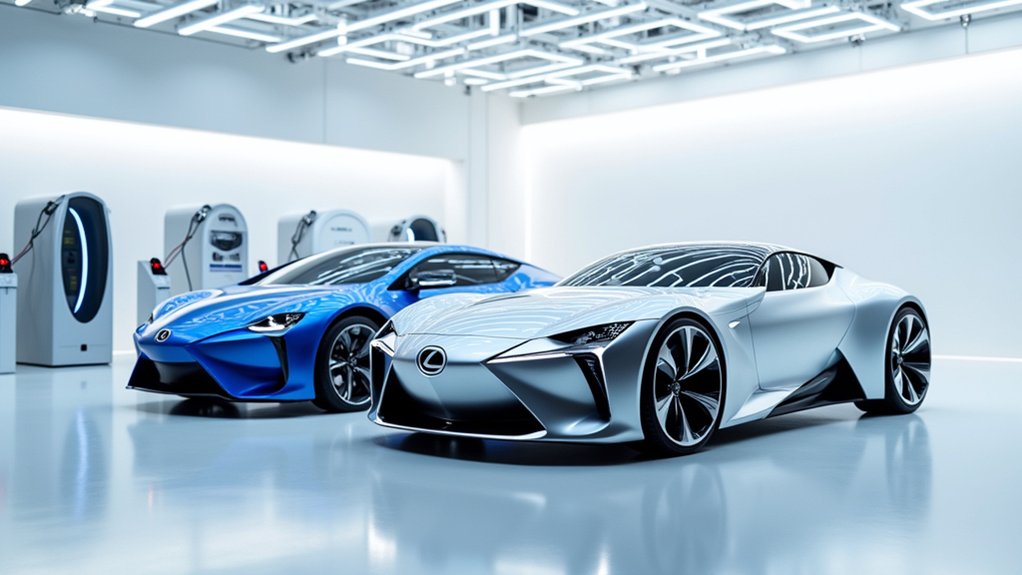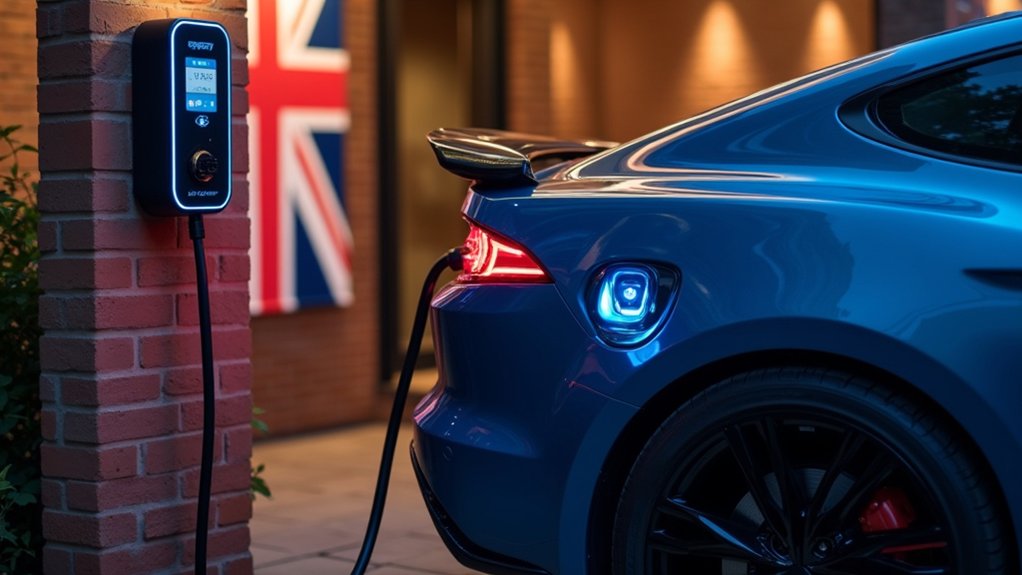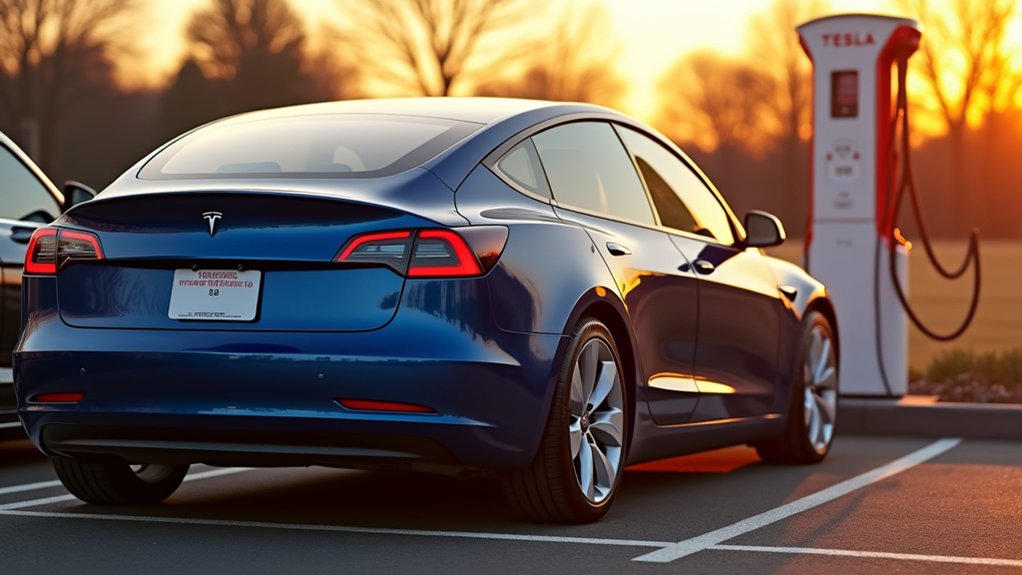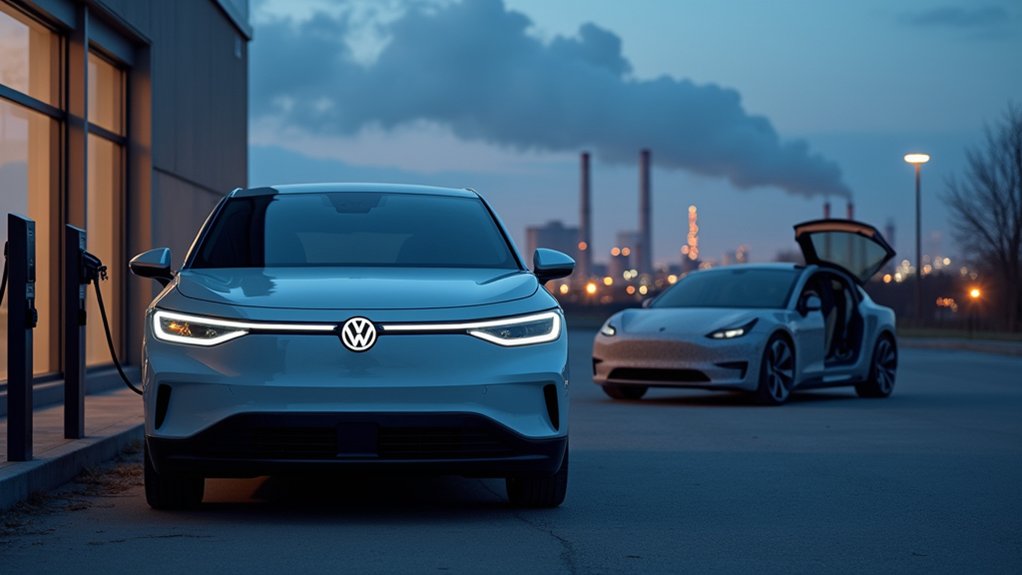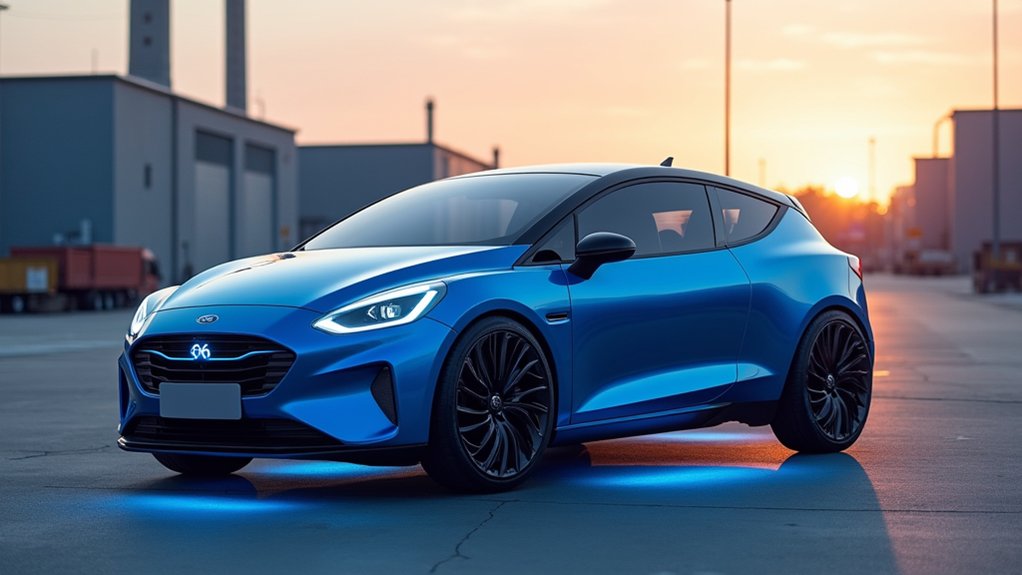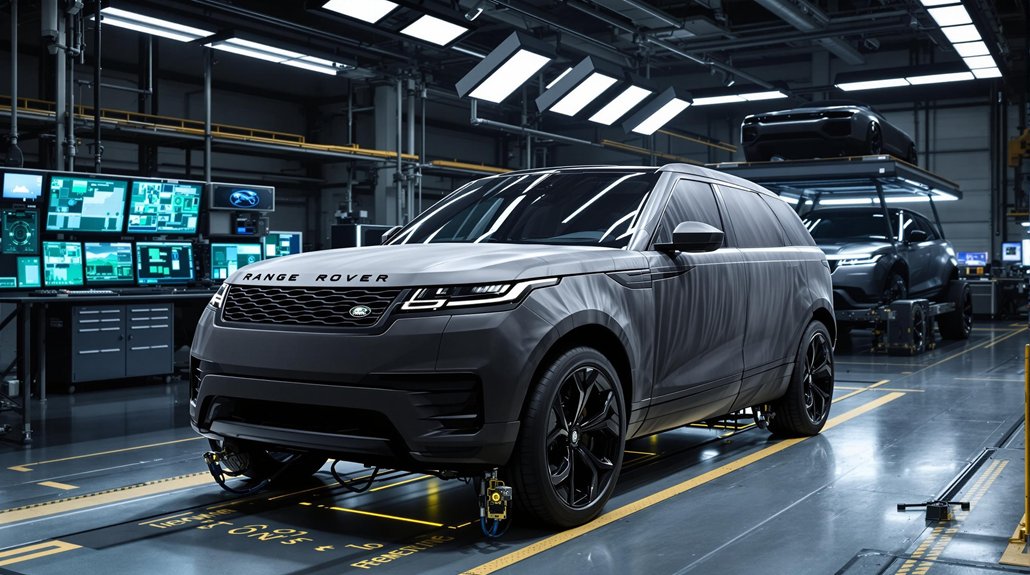Toyota Motor Corporation is accelerating its push into the electric vehicle market with ambitious plans to quintuple its current EV lineup by 2027. The automotive giant, which currently offers just five all-electric models, aims to bolster its catalog to 15 EVs while ramping up production capacity to 1 million units annually within the same timeframe. This represents a dramatic shift for the company whose EVs accounted for a mere 140,000 units in 2024—less than 2% of its global sales volume.
Toyota’s electric metamorphosis signals a pivotal strategic shift for the global automotive leader still finding its EV footing.
The expansion includes strategic production facilities across multiple continents, with new EV manufacturing operations planned for the U.S., Thailand, and Argentina. Toyota’s geographic diversification reflects a calculated approach to mitigate potential tariff impacts and currency fluctuations. Their North Carolina battery plant will support American operations, an essential component for delivering vehicles with reduced lead times to key markets. The company’s entry into the EV space comes at a critical time when transportation emissions constitute nearly 29% of U.S. greenhouse gas emissions. The company must navigate the challenge of President Trump’s tariffs on automotive imports, which has prompted collaboration with other manufacturers to maintain competitive pricing.
Lexus, Toyota’s luxury arm, will play a pivotal role in this electrification strategy. The brand’s offerings, including the current Lexus RZ, will expand to target premium segments with performance-focused electric vehicles. Toyota intends to leverage Lexus brand image through innovative EV technology to strengthen its position in the luxury market. I’ve observed that luxury EVs often serve as technological showcases, and Lexus appears positioned to fulfill this function within Toyota’s broader portfolio.
While Toyota’s initial EV production target was 1.5 million units by 2026, market realities prompted a recalibration to 800,000 vehicles. Nevertheless, the company maintains its ambitious long-term goal of 3.5 million EVs annually by 2030, representing 35% of its global production.
Toyota’s approach leverages its extensive hybrid experience while developing models tailored for specific markets, including potential electric versions of popular vehicles like the Tacoma pickup. This methodical strategy—balancing innovation with Toyota’s trademark reliability—could position the company to challenge established EV manufacturers despite its relatively late entry into the fully electric segment.
Toyota’s gradual but thorough transformation reflects an automotive giant awakening to electric reality.
